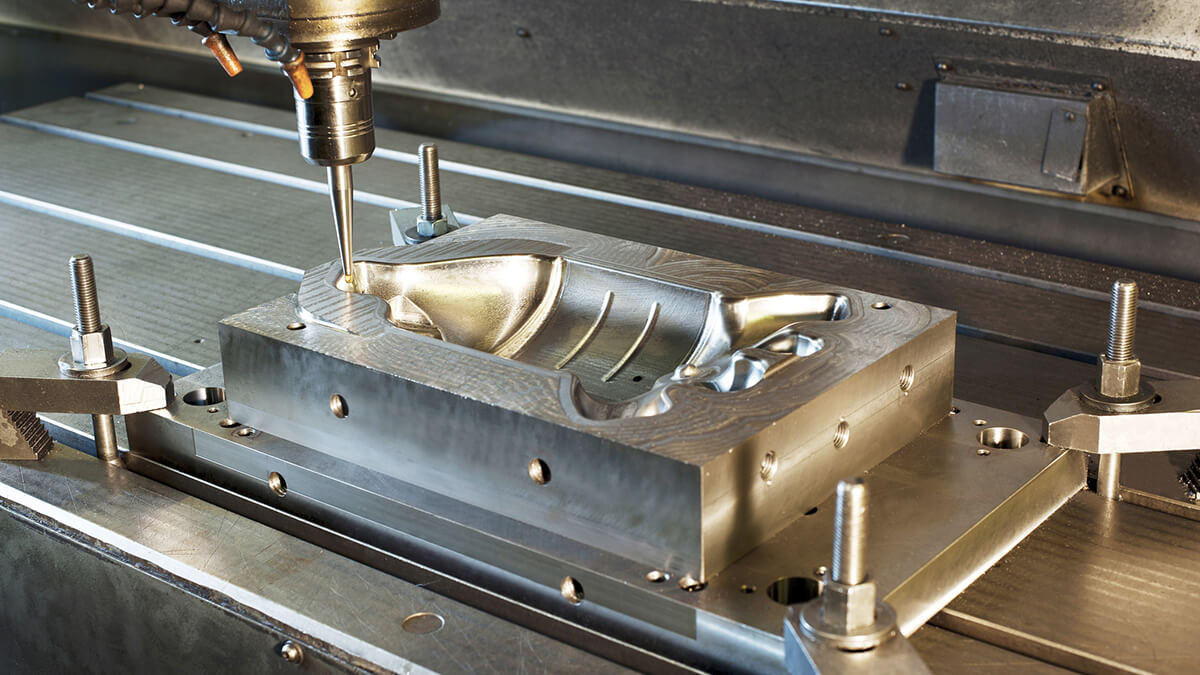A356 Aluminum Casting, a lightweight and corrosion-resistant metal, has earned its reputation as a versatile material that extends far beyond the confines of everyday consumer products. Its remarkable properties have made it an essential component in various industries, allowing engineers and designers to push the boundaries of what’s possible. In this blog, we’ll explore the versatile applications of aluminum casting and how it has revolutionized industries around the world.
The Basics of Aluminum Casting
Aluminum casting is a manufacturing process that involves melting aluminum and pouring it into a mold to create a specific shape. This process is highly versatile, offering a wide range of possibilities in terms of shape, size, and complexity. It also allows for cost-effective production and offers several benefits, such as excellent corrosion resistance, high strength-to-weight ratio, and recyclability.
1. Aerospace Industry
The aerospace industry relies heavily on aluminum casting for a multitude of components. Aircraft frames, engine parts, and even aerospace-grade alloys are commonly cast from aluminum. Its low density and high strength make it the perfect choice for reducing the weight of aircraft, leading to increased fuel efficiency and improved overall performance.
2. Automotive Sector
In the automotive sector, aluminum casting plays a significant role in lightweighting vehicles. Engine blocks, transmission cases, suspension components, and wheels are just a few examples of where aluminum is utilized. Reduced weight translates to improved fuel efficiency, lower emissions, and enhanced handling characteristics. Electric vehicles (EVs) also benefit from aluminum’s lightweight properties, as it helps extend their range.
3. Construction and Architecture
Aluminum’s versatility extends to the world of architecture and construction. Its corrosion resistance makes it an ideal material for building facades, roofing systems, and structural components. The ability to cast intricate designs and profiles allows architects to create stunning and modern buildings that withstand the test of time.
4. Medical Equipment
The medical industry has adopted aluminum casting for various applications. Medical equipment, such as X-ray machines, MRI components, and dental tools, often incorporate aluminum due to its non-reactive nature and ease of sterilization. Aluminum’s lightweight and durability are crucial factors in ensuring the safety and longevity of medical devices.
5. Marine and Offshore
In harsh marine environments, where corrosion is a constant threat, aluminum’s resistance to rust makes it an invaluable material. Components like ship hulls, offshore drilling equipment, and underwater pipelines benefit from aluminum casting’s durability and longevity. Its lightweight properties also contribute to increased buoyancy, reducing overall fuel consumption.
6. Electronics and Technology
Aluminum is used extensively in the electronics and technology sectors. Heat sinks, smartphone casings, and computer components are often cast from aluminum due to its exceptional thermal conductivity, which helps dissipate heat generated by electronic devices. This is crucial for preventing overheating and maintaining optimal performance.
7. Consumer Goods
Aluminum casting isn’t limited to industrial applications. It’s also found in everyday consumer goods like cookware, outdoor furniture, and sports equipment. Its lightweight nature and resistance to rust make it a preferred choice for products that need to withstand the elements.
Conclusion
Aluminum casting has transcended boundaries, finding applications in numerous industries and products. Its combination of lightweight properties, corrosion resistance, and versatility in shaping allows it to play a crucial role in modern manufacturing. As technology continues to advance, we can expect aluminum to remain at the forefront of innovation, enabling engineers and designers to create products that are both efficient and sustainable. From the skies to the seas, and from medical labs to our homes, aluminum’s versatility knows no bounds, making it an indispensable material in our ever-evolving world.
